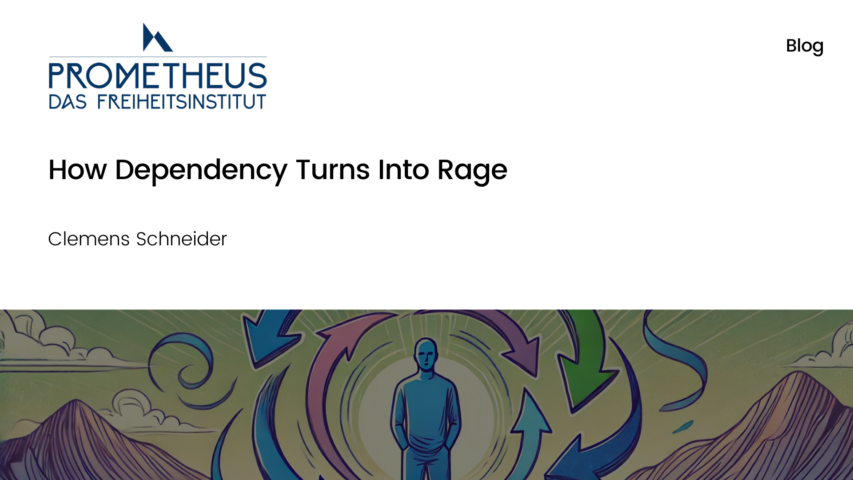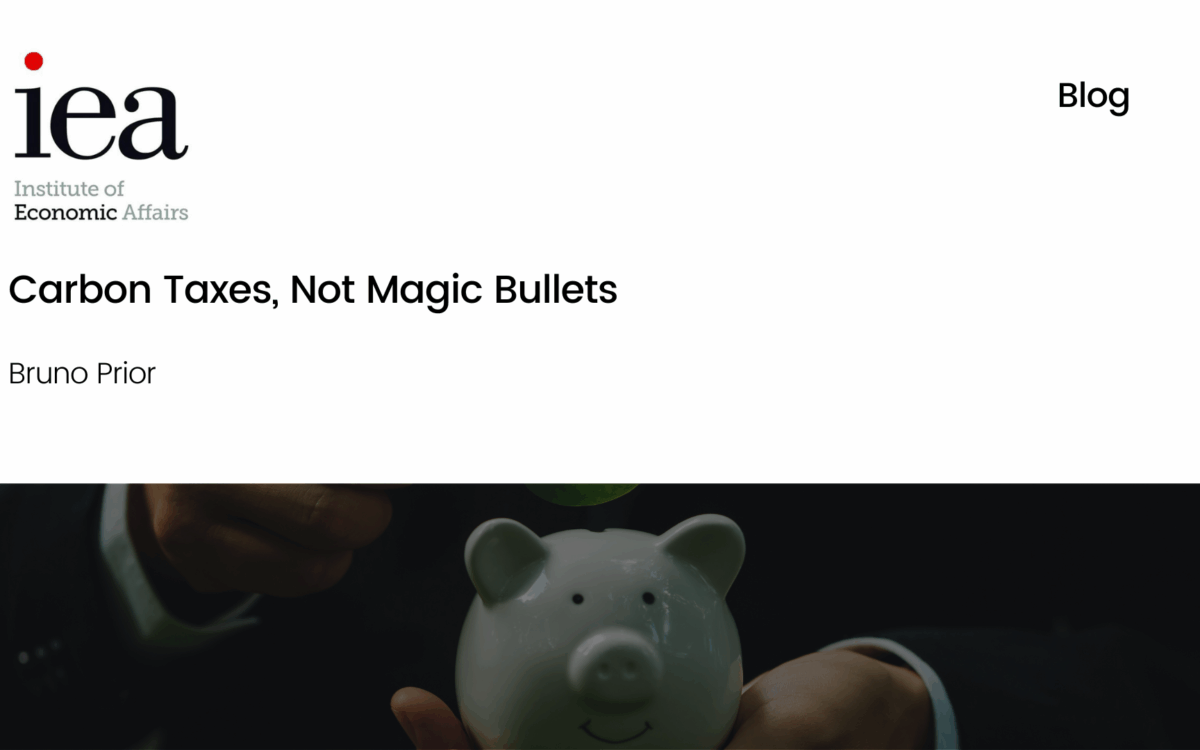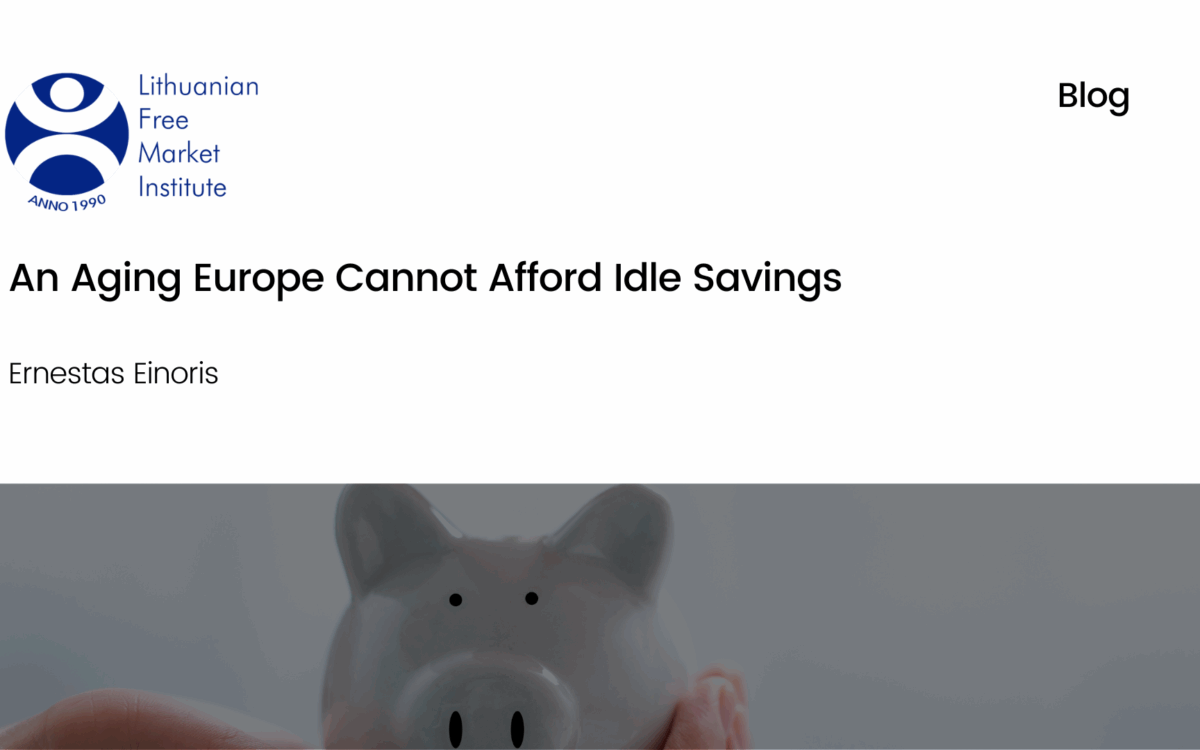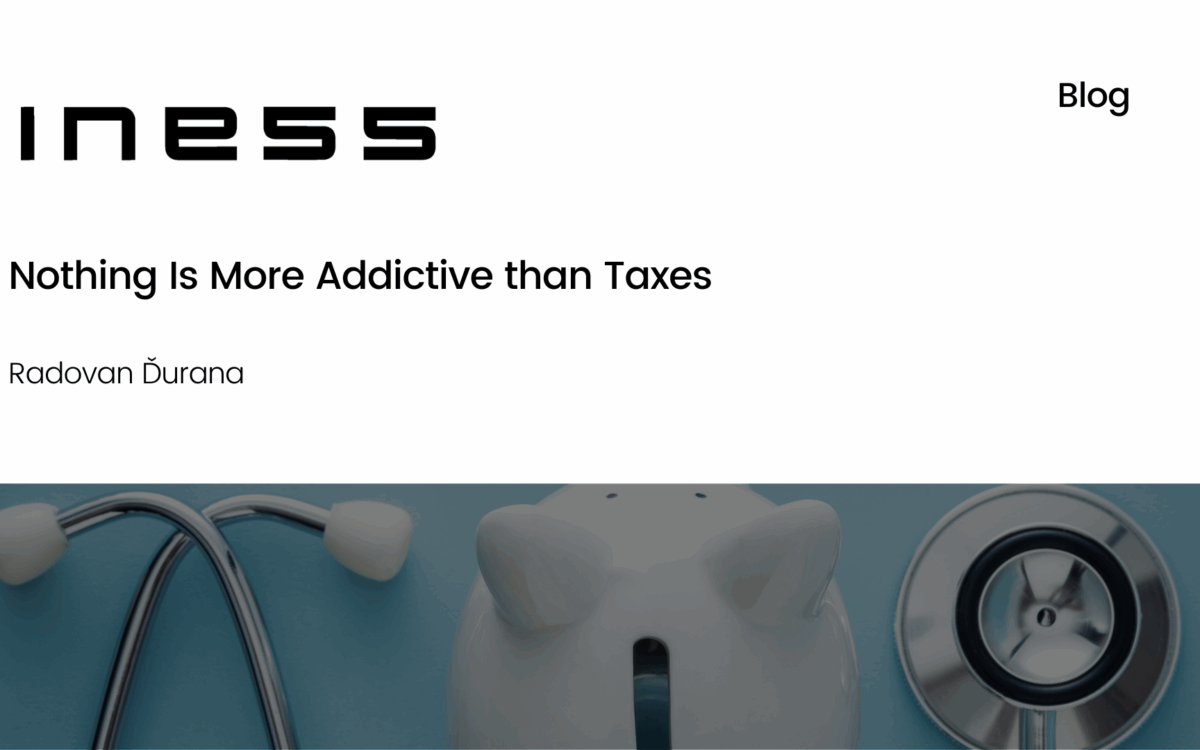How Dependency Turns Into Rage

How Dependency Turns Into Rage
Clemens Schneider // 18 March 2024
The rampant outbursts of frustration we witness today, at a time when many are faring better than ever, aren’t solely the result of unchecked public anger. Political dynamics significantly contribute to this phenomenon – not through inadequacy, but rather through excess.
The anger of those close to the state
Train drivers are enjoying substantial salaries alongside reasonable working hours. Meanwhile, many farmers have seen their profits soar in recent times. East German retirees reportedly have greater purchasing power than their West German counterparts, according to a recent study by Dresden’s ifo Institute. And yet, train workers’ union leader, Claus Weselsky, is wreaking havoc, tractors are clogging up roads in protest, and the AfD is anticipated to garner over 30 per cent support in the approaching state elections in Thuringia, Saxony, and Brandenburg. Intriguingly, these vocal protests don’t stem from minimum wage workers, who often live in conditions not much better than those on social assistance. Nor do we see nursing staff from care homes and hospitals staging walkouts. Similarly, young families struggling with the housing crisis aren’t joining protest parties in significant numbers.
The outspoken and irate share a common trait: a substantial reliance on the state, unlike cashiers, nurses, or young parents. For years, the railways operated as a state enterprise staffed with civil servants. A considerable chunk of the profits of the agricultural sector can be attributed to federal and EU subsidies. Moreover, since Bismarck’s ill-fated time, pension management has been under political control. We reside in an era and society where a life detached from the state is hard to fathom. The state funds our education, offers dietary advice, installs power lines, operates cultural outlets like the folk music TV programme Musikantenstadl, ensures financial stability, and even supplies our police with sixteen orchestras. Any time the state’s protective embrace loosens even slightly, the backlash is immediate and vocal.
State-mixed poison cocktail
Politicians play a significant role in fostering resentment and anger by incessantly crafting new entitlements, rights, subsidies, financial aids, assistance programmes, and heightened expectations. Ironically, those who have historically nurtured and escalated these expectations are now the very voices calling on protesters to moderate themselves. Efforts to rectify all manner of perceived injustices are particularly ramped up during election years. When solutions are uncertain, there’s a propensity to be proactive, even pre-emptively identify crises before those purportedly affected become aware of them. As a result, dependencies multiply, making it increasingly challenging for individuals to exercise restraint or self-discipline or to seek alternative solutions to their problems.
This dynamic is compounded by another psychological effect that exacerbates the problem: when help arrives from external sources, it can lead to feelings of inadequacy as one feels one cannot handle the challenges independently. To avoid a hit to self-esteem, it becomes tempting to assume the role of a victim mistreated by forces far more powerful – be it employers, large corporations, westerners (Wessis), migrants, or simply ‘the other side’. There must always be someone to blame. Our expansive and omnipresent state not only perpetuates numerous dependencies but also encourages aggression to be directed outward. The result is a potent and deleterious mix whose impacts we are witnessing today.
Self-discipline is required
Breaking the cycle of perpetual agitation is as challenging as aiding those grappling with addiction. To the elites at The World Economic Forum in Davos in January, Argentine president Javier Milei’s striking intervention might have felt like an awkward uncle disrupting a family gathering. Yet, at its core, Milei’s speech offered a sharp dissection of current affairs and served as a clarion call to people worldwide who inadvertently strengthen societal dependencies. Nonetheless, how feasible is such an intervention? What are the odds that politicians will willingly discard the very tools that have paved their path to power?
The key to transforming our current social climate probably lies at the origin of the demand: within ourselves, our neighbours, friends, and families. It is often us who suggest, at the end of the day, that we wouldn’t mind another benefit – even if it is just for that one project we currently consider crucial: discounted gasoline, a new chip factory, a commuting subsidy, an electric car incentive, or the ‘respect pension’. When we enable politicians to constantly raise expectations, that becomes their easiest route to ascendancy. Only a gradual shift in our mentality can lead to recovery. We need to sober up, place more demands on ourselves than on others, foster more hope in the potential of science and technology than in the mechanisms of regulation and redistribution, and understand that dignity, like happiness, springs fundamentally from our own endeavours.
The original article was published by Prometheus. Translated by Grace Fortune and Scott Bartram.
EPICENTER publications and contributions from our member think tanks are designed to promote the discussion of economic issues and the role of markets in solving economic and social problems. As with all EPICENTER publications, the views expressed here are those of the author and not EPICENTER or its member think tanks (which have no corporate view).



